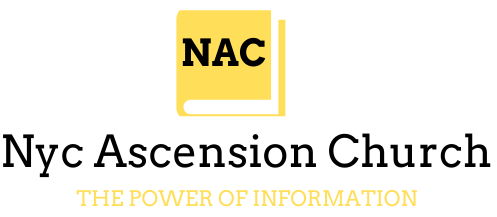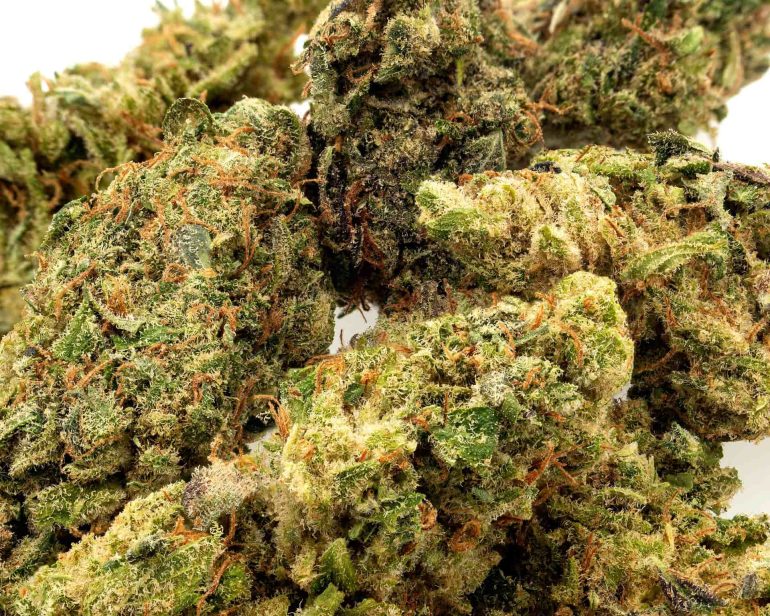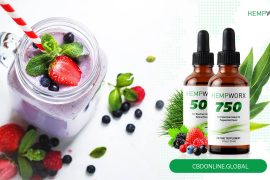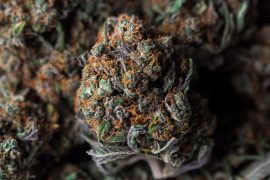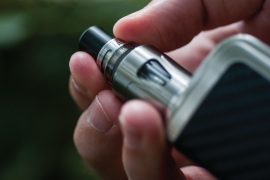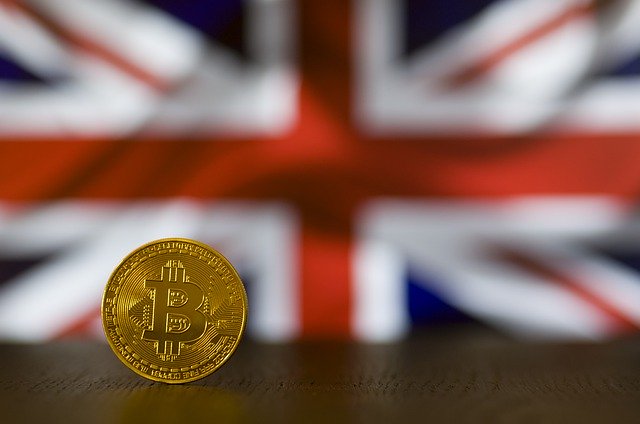CBD flower has become one of the hottest topics in the cannabis industry as more states are legalizing its use. With so much potential for growth and expansion, it’s important to understand the legal landscape of CBD flower before you invest in any products or start growing your own. Here’s what you need to know about the legal status of CBD flower, including where you can find it, how it’s regulated, and what restrictions might be in place.
CBD flower is a hemp plant with a high concentration of cannabidiol (CBD). Unlike other forms of cannabis, such as THC-rich marijuana, CBD flower does not produce a psychoactive effect when consumed. Instead, users feel relaxed and at ease after consuming CBD flower products. The non-psychoactive nature of CBD makes it an attractive option for those looking to experience the therapeutic benefits of cannabis without getting “high.”
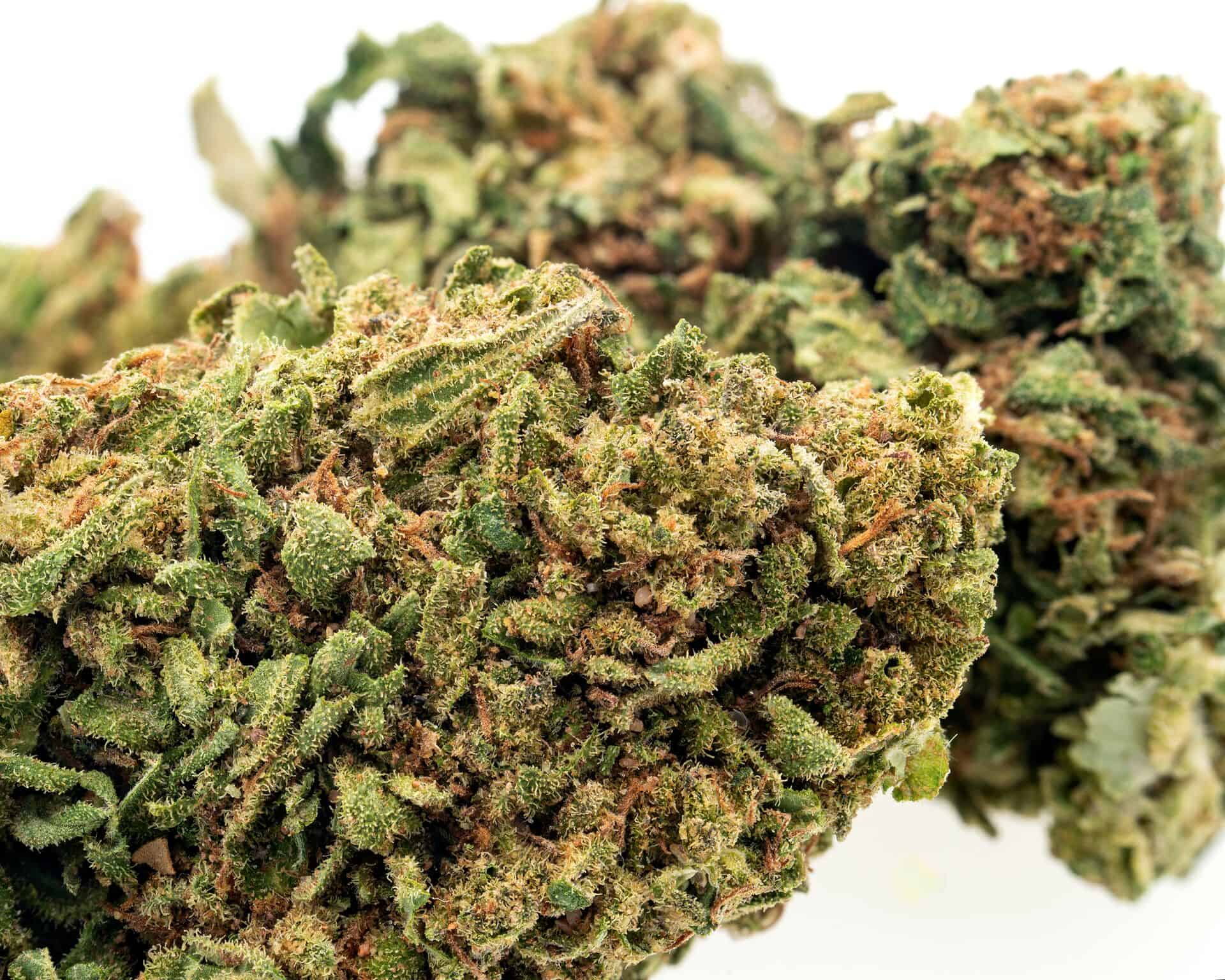
Legality by State
The legality of CBD flower varies from state to state. In some states like California, Colorado, Oregon and Washington, recreational use and cultivation is fully legalized while in others like Arizona and New York there are only limited medical uses allowed. It is important to familiarize yourself with the laws in your particular state before purchasing or cultivating CBD flower products. Additionally, many states have specific regulations regarding testing standards for hemp-derived products that must be met prior to sale or distribution within their borders.
Age restrictions for purchase
Similar to alcohol and tobacco products, most states require customers wishing to purchase or consume CBD flower products to be at least 18 years old. In some cases, this age restriction may extend to 21 years of age, depending on local regulations. Therefore, if you are planning to sell or consume these products in your area, please check with your local authorities for further details on any age restrictions that may apply.
Taxes & Duties
Taxes and duties associated with importing or exporting CBD flower vary from country to country due to different regulations between countries on hemp production and consumption laws. Be sure to check all applicable taxes before ordering materials across international borders, as failure to do so could result in stiff penalties from customs authorities during import/export procedures.
Testing Standards & Labelling Requirements
In order for any product containing THC levels above 0.3% (the federally accepted threshold), which includes most forms of hemp-derived material such as hemp extracts used in tinctures/oils/edibles), certain tests must take place before sale or distribution within the borders of the United States. These tests include potency testing (to ensure THC levels don’t exceed federal limits) as well as screening for heavy metals/pesticide residues either naturally occurring within the plants themselves or introduced through chemical treatments during the growing process. Labelling requirements must also be met, including disclosure of ingredients along with warning labels that alert consumers to the potential intoxicating effects of consuming high concentrations of THCA found in certain varieties of hemp strains available on the market today.
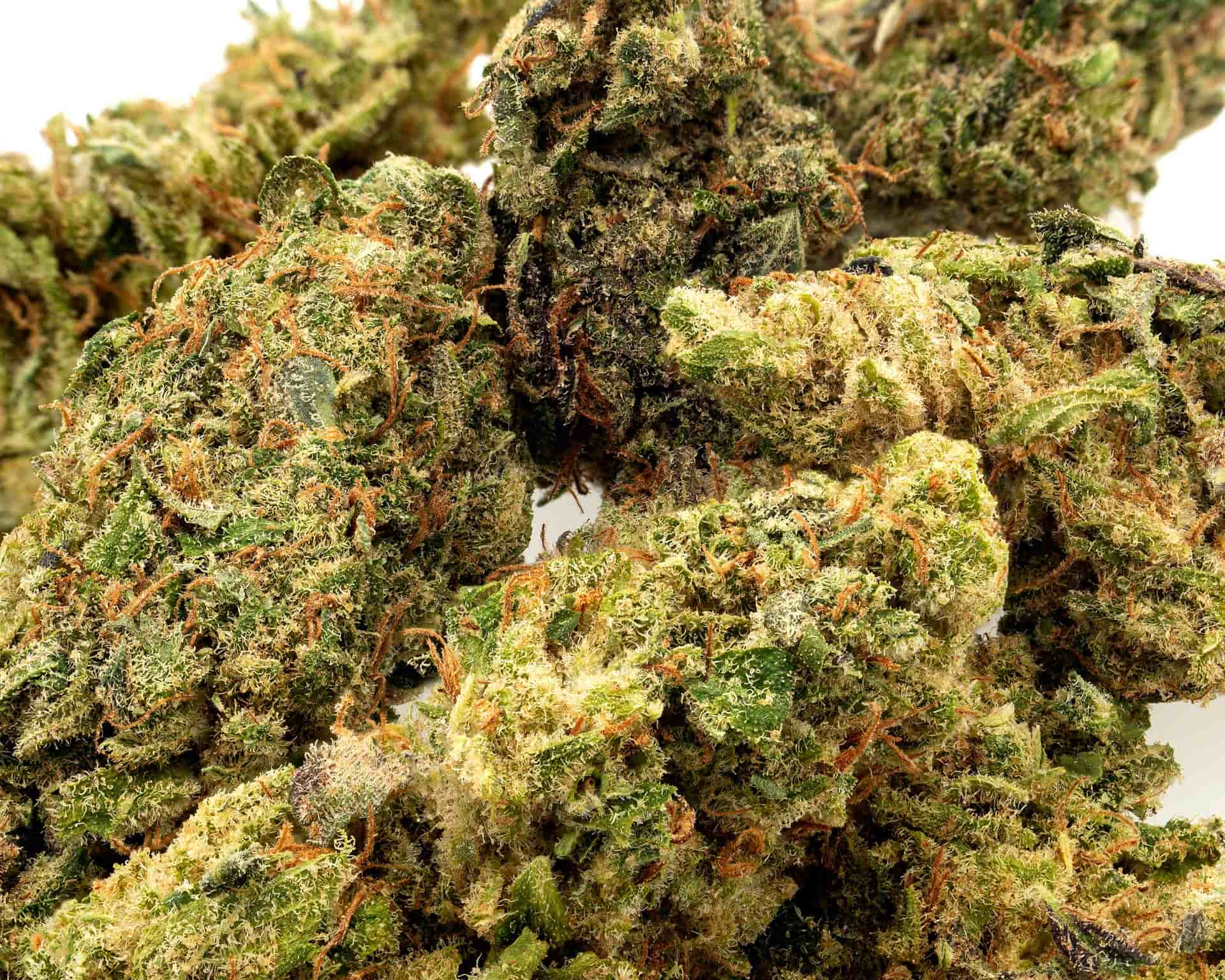
Conclusion
Understanding the legal landscape surrounding CBD flower can help ensure you remain compliant with state and federal regulations when buying, selling or cultivating these products. Make sure you always research the current status of related legislation both nationally and locally before making any decisions involving these types of materials.
